Can Regular Thread Be Used for Machine Embroidery?
When it comes to machine embroidery, the type of thread you use can make a world of difference in the final result. While specialty embroidery thread is readily available, many people wonder if they can use regular thread for their machine embroidery projects. In this article, we will uncover the mystery behind using regular thread for machine embroidery and explore whether it is a viable option.
Using regular thread for machine embroidery can be a tempting choice due to its wide availability and cost-effectiveness.
However, it’s important to consider certain factors before opting for regular thread. We will delve into the key differences between regular and embroidery thread, including their composition, strength, and compatibility with different fabrics.
Additionally, we will provide helpful tips for maximizing the results when using regular thread for machine embroidery.
From adjusting tension settings to selecting the right needle, these techniques can help you achieve beautiful and professional-looking embroidery, even with regular thread.
So, if you’re curious about whether Can Regular Thread Be Used for Machine Embroidery or you’re looking for ways to make the most out of your regular thread, keep reading to unravel the mystery and unlock a new world of possibilities for your embroidery projects.
-
Product on sale
 Original price was: $5.80.$5.22Current price is: $5.22.
Original price was: $5.80.$5.22Current price is: $5.22. -
Product on sale
 Original price was: $5.80.$4.64Current price is: $4.64.
Original price was: $5.80.$4.64Current price is: $4.64. -
Product on sale
 Original price was: $5.80.$4.64Current price is: $4.64.
Original price was: $5.80.$4.64Current price is: $4.64. -
Product on sale
 Original price was: $5.80.$4.64Current price is: $4.64.
Original price was: $5.80.$4.64Current price is: $4.64.
Can Regular Thread Be Used for Machine Embroidery – Understanding regular thread and its limitations for machine embroidery

Using regular thread for machine embroidery can be a tempting choice due to its wide availability and cost-effectiveness so Can Regular Thread Be Used for Machine Embroidery ?
it’s important to consider its limitations before opting for regular thread.
Regular thread may not have the same level of sheen as embroidery thread, which can result in a less vibrant and visually appealing embroidery.
The thicker fibers of regular thread can also cause the stitches to look bulky and uneven.
Additionally, regular thread may not have the same level of tensile strength as embroidery thread, making it more prone to breaking or fraying during the embroidery process.
Furthermore, regular thread may not be as colorfast as embroidery thread, meaning that the colors may fade or bleed when exposed to washing or sunlight.
This can result in a less durable and long-lasting embroidery.
Despite these limitations, using regular thread for machine embroidery is not entirely impossible. With the right techniques and adjustments, you can still achieve beautiful and professional-looking embroidery.
Understanding regular thread and its limitations for machine embroidery
While using regular thread for machine embroidery is feasible, it does come with certain risks and challenges.
It’s important to be aware of these potential issues before deciding to use regular thread for your embroidery projects.
One of the main challenges is the inconsistency in thickness and quality of regular thread.
Unlike embroidery thread, which is specifically manufactured to meet certain standards, regular thread can vary greatly from brand to brand and even within the same brand. This inconsistency can result in uneven stitching and a less polished embroidery.
Another challenge is the limited color range of regular thread compared to embroidery thread.
Regular thread may not offer the same extensive color options, which can limit your creativity and the range of designs you can achieve with your embroidery.
Additionally, regular thread may not be as compatible with certain fabrics as embroidery thread.
Some fabrics, such as delicate or stretchy materials, may require the use of embroidery thread to ensure the stitches hold up well and do not cause any damage to the fabric.
Tips for using regular threads
If you’ve decided to use regular threads for your machine embroidery projects, there are several tips and techniques you can follow to maximize your results.
These tips will help you overcome the limitations of regular thread and achieve beautiful and professional-looking embroidery.
1. Adjust Tension Settings: Regular thread may require different tension settings compared to embroidery thread.
Experiment with different tension settings on your machine to find the optimal balance that allows for smooth and even stitching with regular thread.
2. Choose the Right Needle: The needle you use can greatly impact the outcome of your embroidery. When using regular thread, opt for a needle with a larger eye and a sharp point. This will allow the thread to pass through the fabric easily and create clean and precise stitches.
3. Test Stitch on Scrap Fabric: Before starting your embroidery project, it’s always a good idea to test stitch on a scrap piece of fabric.
This will help you gauge the tension, stitch quality, and overall appearance of the embroidery with regular thread.
4. Use Stabilizers: Stabilizers are essential when it comes to machine embroidery, regardless of the type of thread you use. They provide support to the fabric and prevent puckering or distortion during the embroidery process. Select a stabilizer that is compatible with your fabric and follow the manufacturer’s instructions for best results.
5. Consider Thread Weight: Regular thread is typically available in different weights, such as 40wt or 50wt. The weight of the thread can impact the appearance and durability of the embroidery. Experiment with different thread weights to find the one that works best for your project.
See Embroidery thread VS Sewing thread | Echidna Sewing
Conclusion
In summary, while it is possible to use regular sewing threads for machine embroidery in a pinch,
it is not recommended for high-quality or professional embroidery projects. To achieve the best results in terms of color vibrancy, sheen, durability, and stitch quality, it is advisable to invest in quality embroidery threads specifically designed for machine embroidery. Specialized embroidery thread is available in a wide range of colors and materials to suit various embroidery needs.



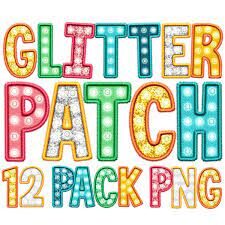
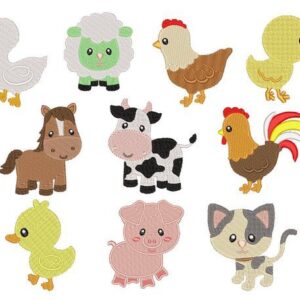
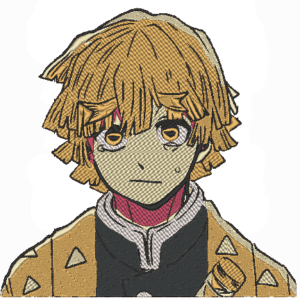
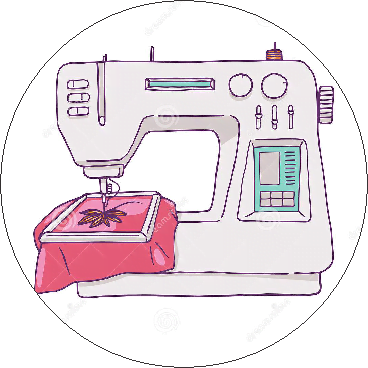
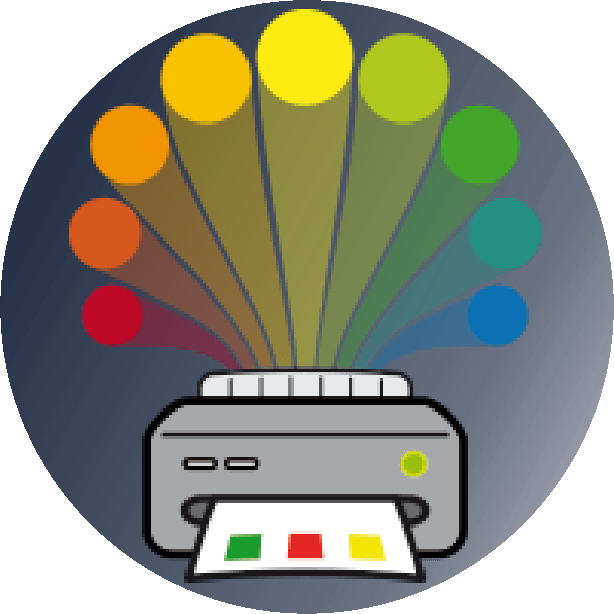
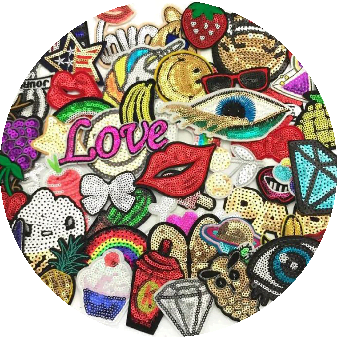



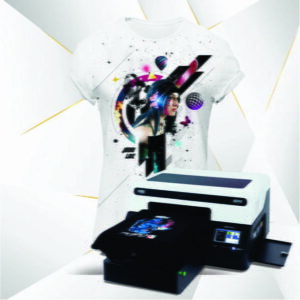

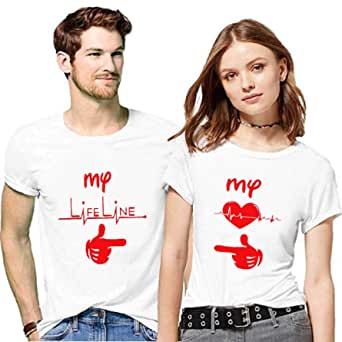

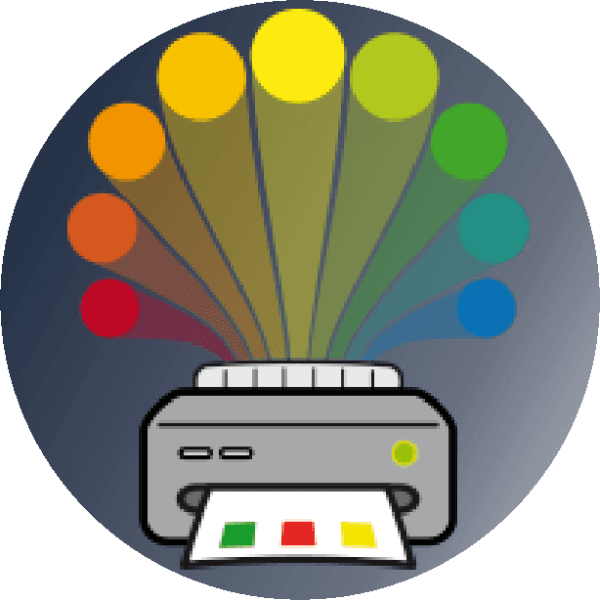
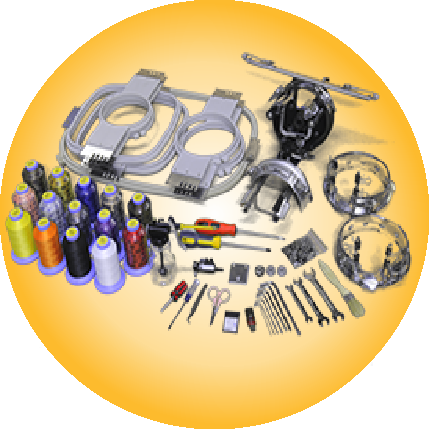
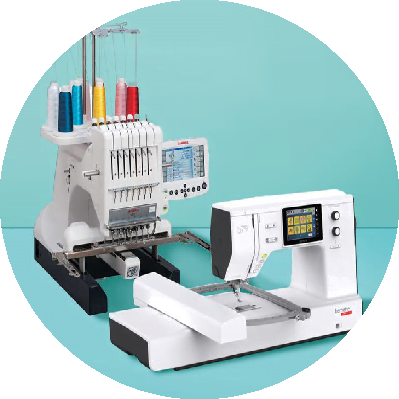
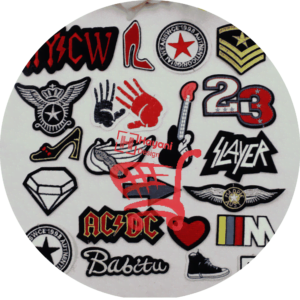









Leave a reply
You must be logged in to post a comment.